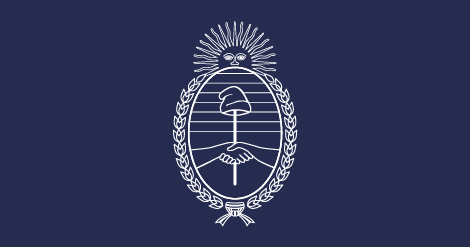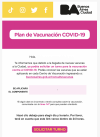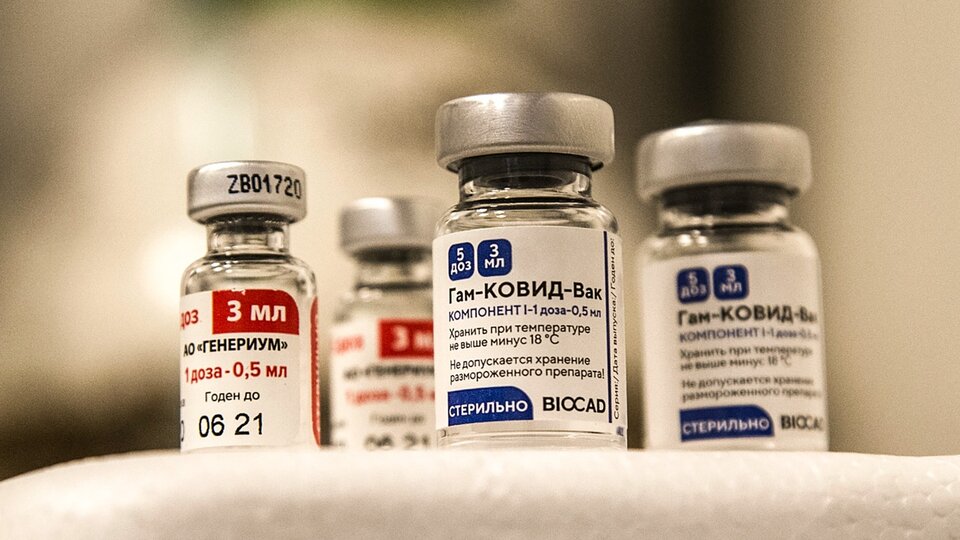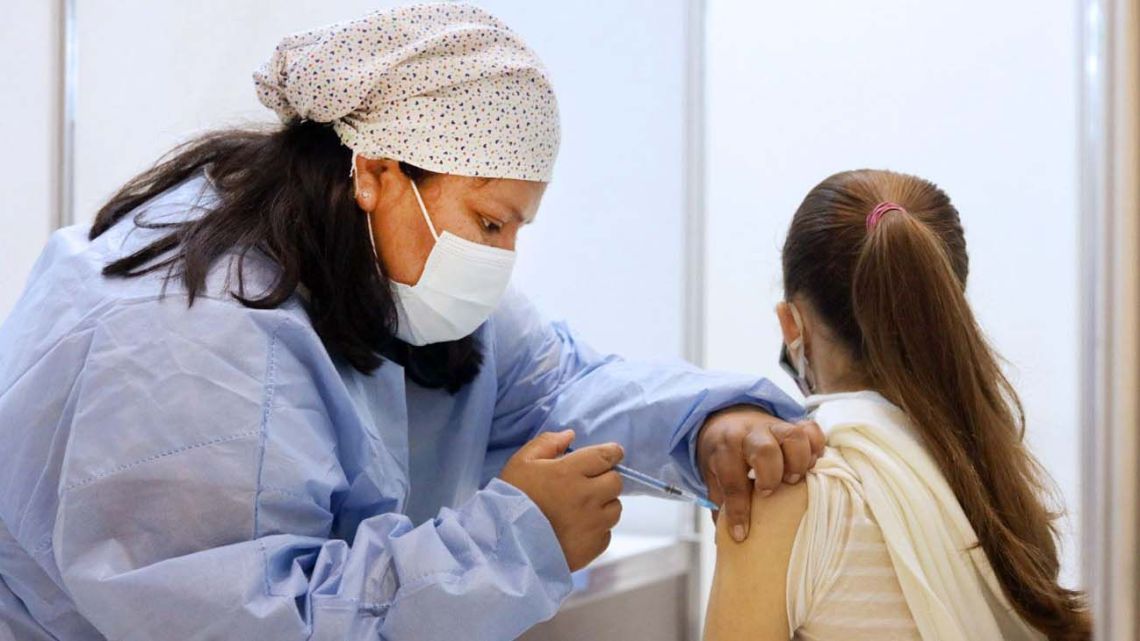gracielle
Registered
- Joined
- Jun 6, 2005
- Messages
- 3,754
- Likes
- 3,100
Good question for which I do not have an answer. Since July 6, 2021 I have been inoculated in CABA with 2 doses of UK Astra/Zeneca + 1 dose of J&J/Janssen in mid-November at SFO Airport. Yesterday I got the Pfizer booster shot in CABA.Approximately how long after registering a vaccine applied in a foreign country do you get an answer?
I chose not to upload any vaccination data via the miArgentina app.

Declaración jurada de vacunación COVID-19 en el exterior
Si te vacunaste en el exterior, informá tu vacuna al Ministerio de Salud de la Nación.
Perhaps others on the forum can answer your query.





